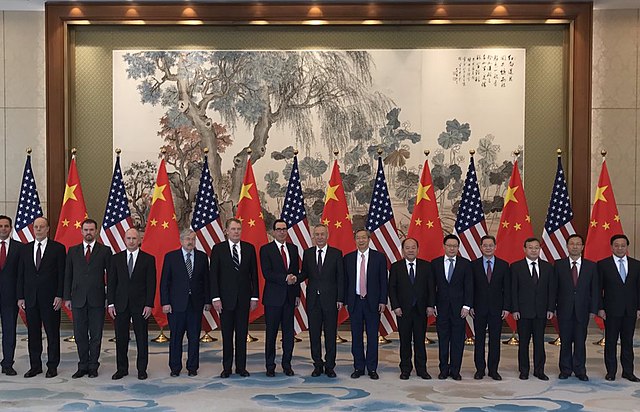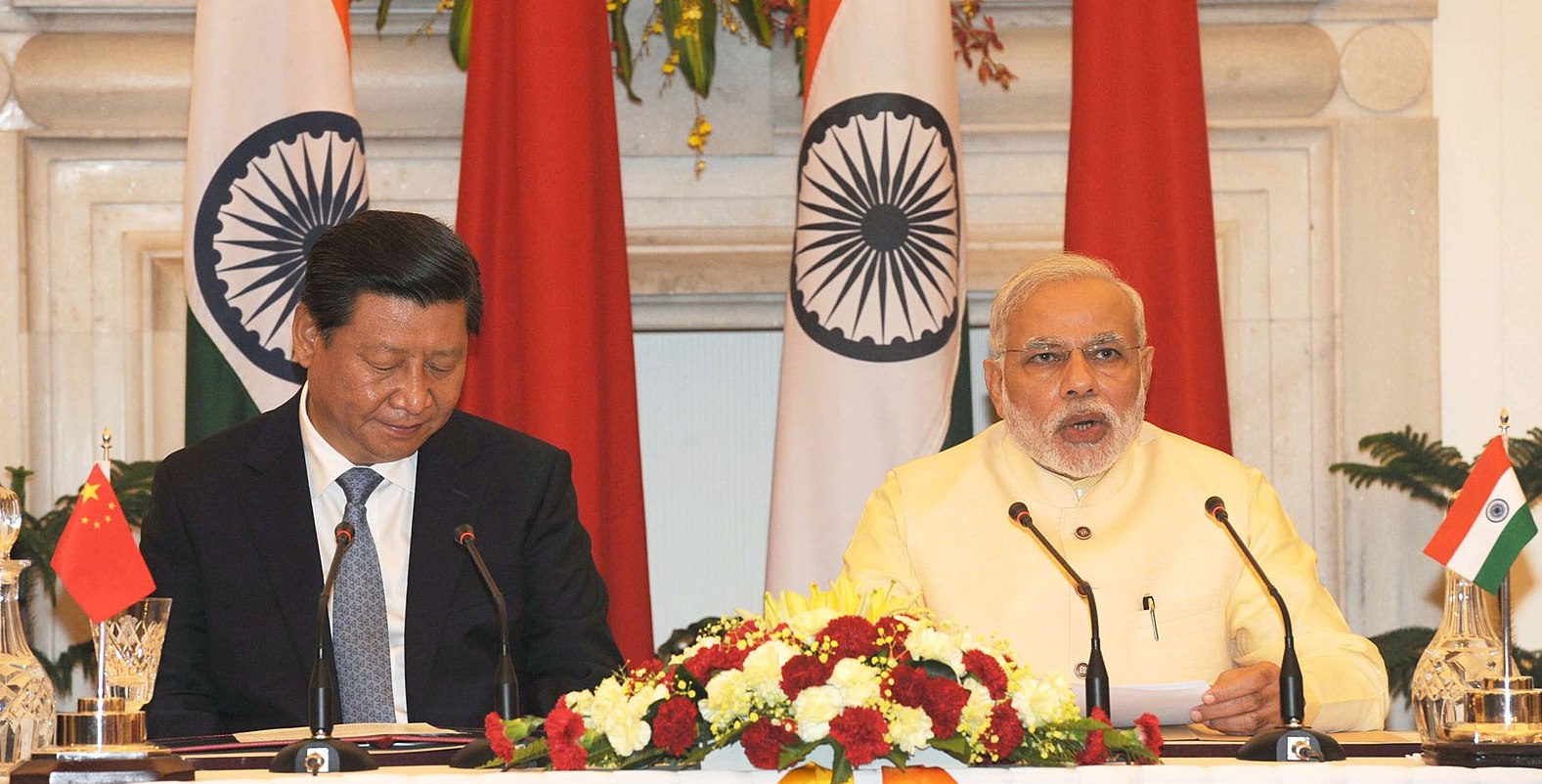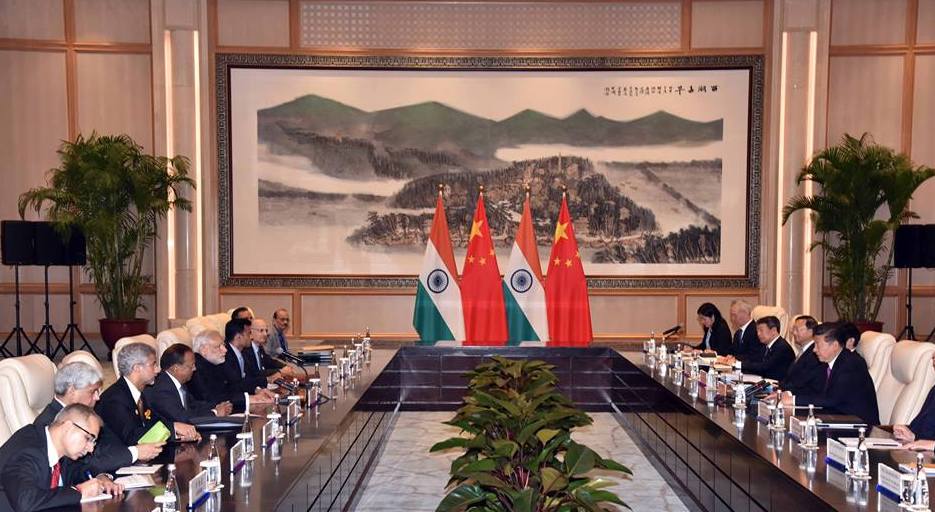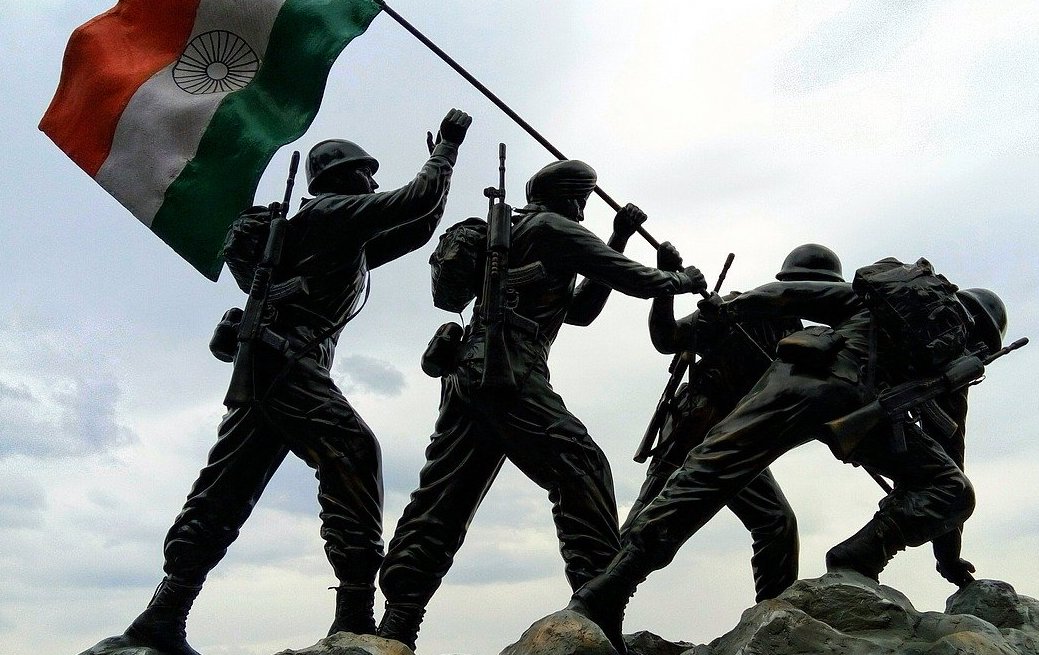Joe Biden’s Electoral Victory and the Implications for Sino-Indian Ties
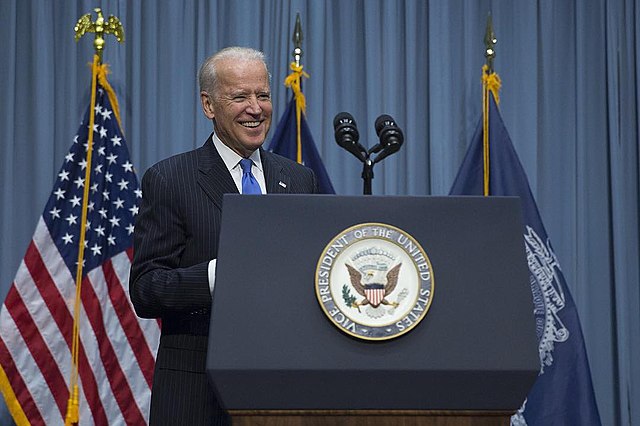
The United States of America is the world’s foremost power and they are set to usher in a new era with the impending inauguration of the Joe Biden to the country’s highest office in January 2021. The Biden administration will feature several prominent Indian-Americans in its administration, with the most notable of them all, the Vice President Kamala Harris, who hails from a half-Indian family. The incumbent Donald J. Trump will be relinquishing office after a single term. The world’s two other major influencers in the Peoples’ Republic of China and the Republic of India will be certainly impacted by the November 2020 victory of Biden. The policy actions of Biden towards China and India is certain to define twenty-first century Asia’s most critical dual balance alongside China-Japan, China-ASEAN, and China-Australia.
BIDEN AND THE SINO-INDIAN IMPASSE
Joe Biden’s entry into United States policymaking will be a prickly opening for China and India. The two countries are in the midst of a prolonged territorial impasse in India’s northern region (Ladakh) and have clashed previously in its developing and strategic northeast. The dispute remains ongoing but appears to be past its tipping point with its pivotal moment a fierce clash between India and China resulting in the deaths of 20 Indian and over 40 (unconfirmed) Chinese soldiers in mid-June 2020.
It is apparent that the United States, under Biden, will extend assistance to India as in a bid to help them better deal with China. The Basic Exchange and Cooperation Agreement (BECA) is designed to facilitate information and intelligence sharing between India and the USA, which can be best utilised for disputes such as the Galwan Valley standoff. The BECA was signed in October last year between the two countries during the third US-India 2+2 (foreign and defence ministers) meeting. Significantly, the BECA includes a provision for real-time information-sharing and the sale of high-grade military equipment to India.
As regards American policy, the world’s leading country does not actively interfere in bilateral military disputes of non-allied countries, unless a formal accord is in place. Between India and the US, while there is increasing amicability. In the wake of the above, Biden’s support to India in the territorial dispute is crucial, with the incoming Democrat having sided with India during his campaign.
In comparison to Trump and the ‘America First’ stratagem, Biden appears to convey the impression that he will be outward-looking and reinstate the primacy of Asia in American geopolitical affairs. At present, what is believed to be the ‘primacy of Asia’ is basically a polarity between curtailing the rise of China and pragmatically welcoming it. Biden will also be primed to shape America’s Indo-Pacific strategy in the superpower’s favour, a legacy he will inherit from the outgoing Trump.
In that regard, the US remains committed to linking together like-minded fellow democracies and other partner-countries in creating and sustaining not one but several alliances with set agendas and attributes. These alliances include the United States-Japan, the United States-Republic of Korea, and the United States-Republic of China (Taiwan), to name but a few. The President-elect is well poised to maintain or even spur the US’ hardening stances against China wherever urgency in Asian security matters manifests.
The much-deliberated Quadrilateral Security Dialogue, best known as the QUAD, an association hinged on security paradigms that are largely to do with the maritime domain, is a multilateral coming together of Japan, the United States, Australia, and India. A priority area for Biden will be to strengthen the collective grip of the QUAD and other such alliances. He will also have to ensure their continuity towards the fulfilment of declared goals and objectives. Containing China in the political, territorial, and the maritime spheres will remain top of the agenda for a Biden-led American outlook of the world as it is today.
CONCLUSION – TOWARDS A US-INDIA PREPONDERANCE OVER US-CHINA-INDIA
The twenty-first century’s early workings may have indicated increased cooperation, intimate relations, and subdued strands of conflict between the world’s three principal nations in the United States, China, and India. The former is a stated superpower, while the latter two are being viewed in terms of their domestic rise coupled with believably prudent regional and global aspirations based on their ‘great power’ promise. However, the regional status-quo is likely to be altered with the advent of the 78-year-old former US Vice President having reiterated American commitment to deterring China.
In the present circumstances, it is also becoming increasingly apparent that the United States, under Biden, and India, under Prime Minister Narendra Modi, are highly inclined to forge deeper and tougher bonds. These cover the domains of security, institutionalised cooperation, and bilateral trade (India maintains a trade surplus with few countries such as the US). An extensive friendship could work towards resolving the upcoming years of tumult and turbulence, and especially in the geostrategic Indo-Pacific region. India is likely to be a designated beneficiary of a stiff and uncompromising anti-China posture in Asia between Asian influencers and the United States.
Jay Maniyar is a Research Associate at the National Maritime Foundation, a maritime think tank endorsed by the Indian Navy and the Ministry of Defence of the Government of India. He is based in New Delhi. The views expressed in the published articles are proffered in a personal capacity, and do not reflect the views of his employers.

